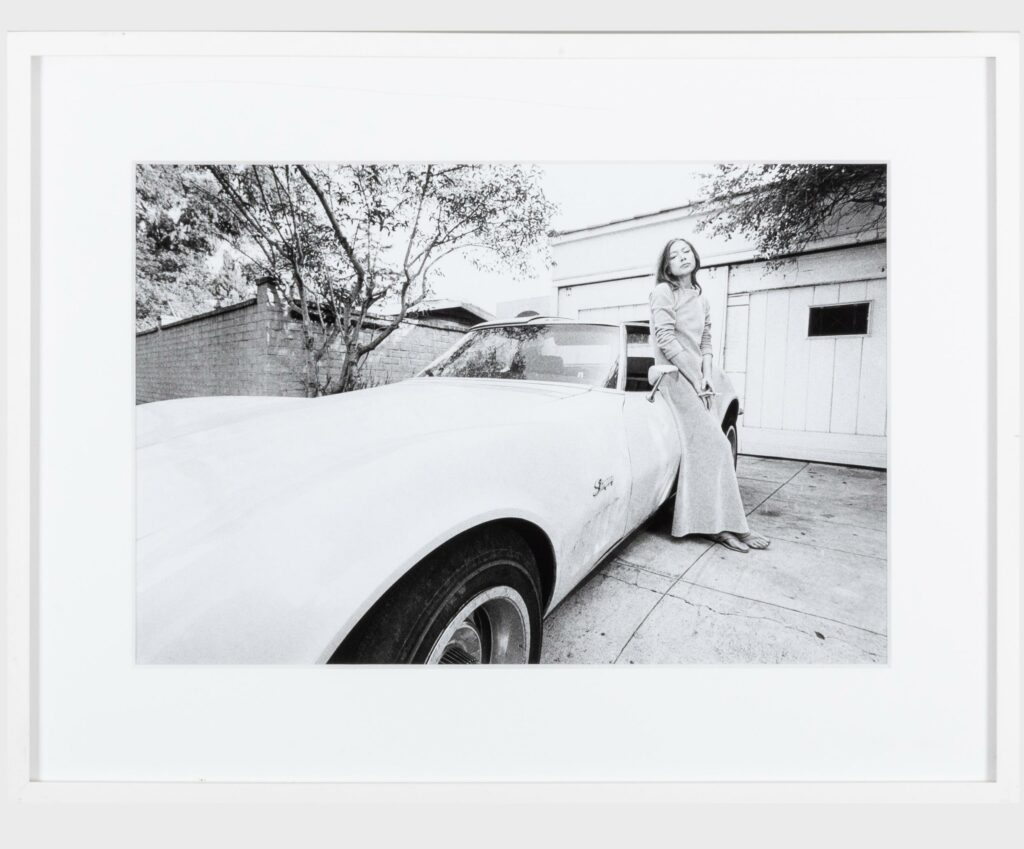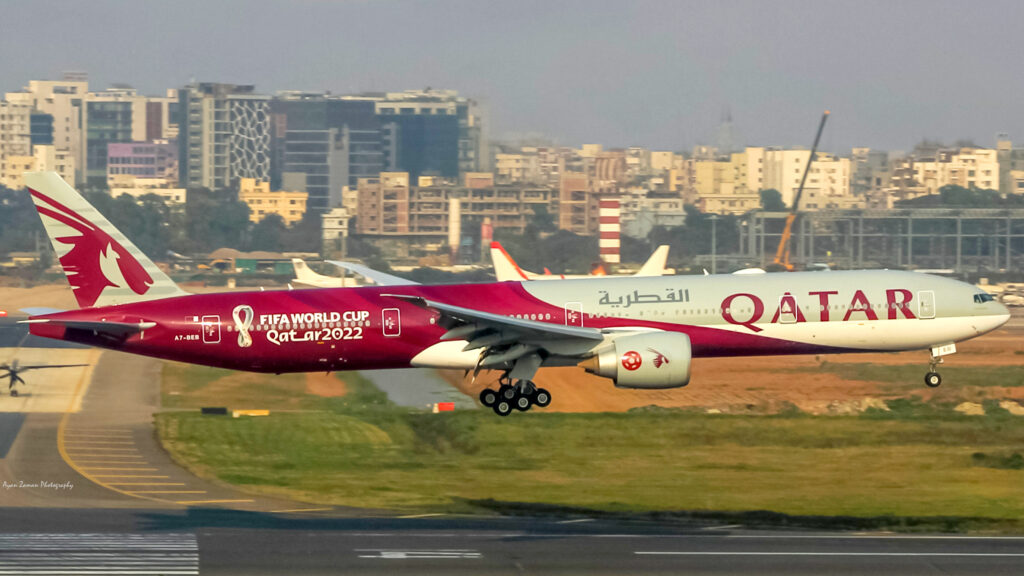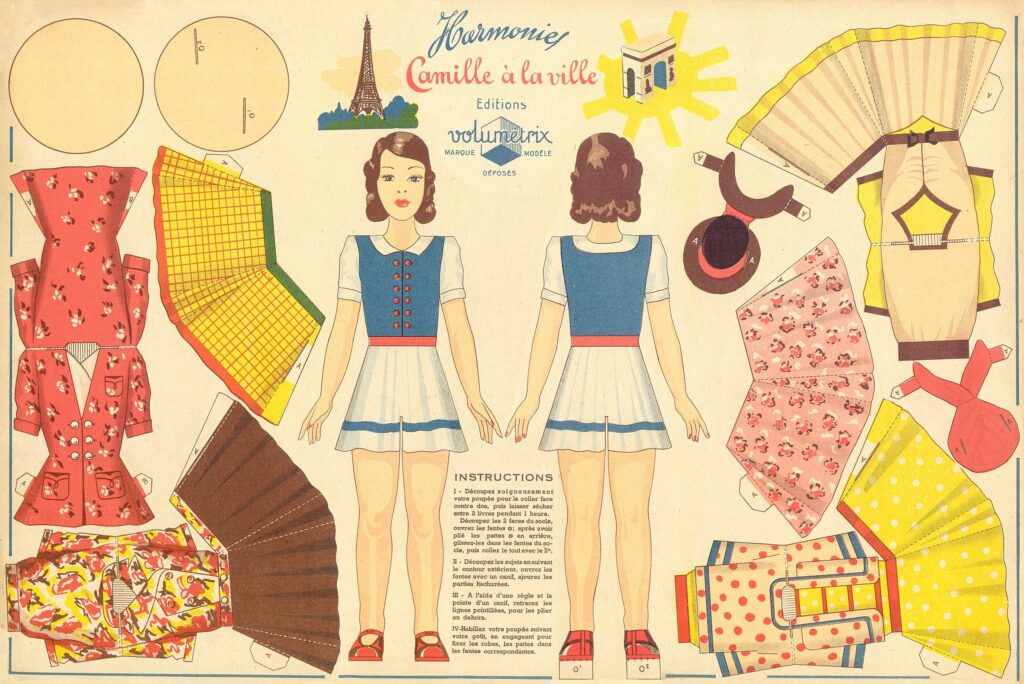Qatar Airways. Wikimedia Commons, LIcensed under CC0 4.0.
The World Cup kicks off today in Qatar. To many people the entire extravaganza is one giant laundromat, a sports-wash of global proportions, designed to rinse clean the dirty laundry accumulated during the gulf state’s decade-long preparation for the event. An estimated six thousand five hundred migrant workers from India, Pakistan, Nepal, Bangladesh, and Sri Lanka were reportedly killed during the stadiums’ construction in the last ten years. To memorialize them, the Danish team will wear subdued colors and hold black in reserve as its third strip. Yet despite Qatar’s grim politics and dubious human rights record, particularly with regard to LGBTQ rights for both residents and visitors (criticism vigorously rejected by Qatar’s rulers as “slander”), FIFA projects that five billion of us on this dying planet will feel compelled to watch.
This is my sixteenth World Cup as a sentient soccer being. In my lifetime, I’m discounting the 1950 event in Brazil—I was four months old and kicking, but not goal-ward—as well as the 1954 tournament in Switzerland, when either my parents kept it from me or we didn’t have a TV, or we did but it didn’t show the games. I’m also skipping the one in Sweden in 1958, when I might or might not have watched seventeen-year-old Pelé score twice in Brazil’s 5–2 victory in the final over Sweden; my memory isn’t speaking loudly enough on that one (see V. Nabokov, goalkeeper for Trinity College, Cambridge, circa 1919–22). No, the World Cup began in joyful delirium for me around when Philip Larkin insisted it did for sexual intercourse in general—“between the end of the Chatterley Ban and the Beatles’ first L.P.” My twelve-year-old self sat stunned, alone (no one in my northwest London family had any interest in football), and perfectly happy, as the Battle of Santiago raged, players from Chile and Italy kicking one another up in the air, landing a few punches, and creating a mayhem that required police intervention on four occasions. The English referee of that game, Ken Aston, is the man who went on to invent yellow and red cards.
Fourteen of my World Cups I watched or will watch on TV. The other two I watched in person—in England 1966, the only year that England won, and in the U.S.A. in 1994, when I traveled the country covering the games, sugar-high on Snickers and Coca-Cola (two of the event’s primary sponsors), for The New Yorker. What I remember most from that monthlong soccerpalooza, aside from Diego Maradona’s brilliant play during a Faustian effort to recapture his lost youth, unfortunately with the help of an ephedrine cocktail, is an enigmatic sign held up by German fans before their country’s game against Bulgaria at Giants Stadium. It read simply, IT’S NOT A TRICK, IT’S GERMANY. The packed stadiums were secured by overzealous security personnel stripping fans of anything that could conceivably be transformed into a weapon. As one of the guards told me, “You can throw a pretzel and you can hurt someone.” In contrast to the raucous crowds inside the stadiums, the cities beyond were more or less devoid of any kind of soccer atmosphere or activity. In Chicago, where the tournament began on June 17, the very day that OJ led the police down an LA highway in his Ford Bronco, it was all Michael Jordan 24-7.
Enough about the past. We are about to step into Qatar’s balmy winter, average 70 to 79 degrees Fahrenheit, with high humidity to be dispersed by serious AC in the outdoor stadiums. Of the more than two hundred national teams that set out on this journey four years ago, only thirty-two remain, eight groups of four, the top two in each group to move on to the knockout stage. The games will run for almost a month, culminating in a final on December 18.. As is almost always the case, Brazil is favored to win, followed by Argentina, France, England, and Spain, and you never rule out Germany. All these countries have lifted the trophy before, and wouldn’t it be great if someone else crashed the party? After all, Croatia (population 3.8 million) made it to the finals the last time out, and the ageless midfield genius Luka Modrić still runs their show. There is always Kevin De Bruyne’s Belgium (population 11.5 million) or, for a real long shot, Africa’s best hope, Senegal.



















